Description
The Saxon Math K Meeting Book serves as the cornerstone of daily math routines for kindergarten homeschoolers, providing a structured yet engaging approach to foundational mathematical concepts that will serve your child throughout their academic journey. This consumable 24-page calendar workbook, authored by renowned educator Nancy Larson, transforms abstract mathematical ideas into concrete, hands-on learning experiences that align perfectly with how young children naturally learn and develop.
Designed specifically for homeschooling families, this meeting book facilitates meaningful daily interactions between parent and child through carefully structured “meeting time” activities that occur twice weekly as part of Saxon Math’s proven incremental development approach. Rather than rushing through concepts, Saxon Math K allows children to master fundamental skills through consistent practice and gentle repetition, building confidence alongside competency in mathematical thinking.
The meeting book covers ten months of learning, from September through June, with colorful calendar pages that make each day’s lesson visually appealing and developmentally appropriate. During meeting time, homeschooling parents guide their children through essential pre-mathematical concepts including calendar awareness, days and months recognition, weather observation and recording, basic time concepts, money identification, pattern recognition, and sequential counting activities. These seemingly simple activities lay crucial groundwork for advanced mathematical reasoning that will benefit students throughout their educational experience.
For homeschooling families embracing Charlotte Mason or classical education philosophies, the meeting book provides the routine and repetition that young minds crave while maintaining an atmosphere of discovery and wonder. The activities naturally incorporate living elements like weather observation and seasonal awareness, connecting mathematical learning to God’s creation and the rhythm of daily life. Christian homeschooling families will appreciate how the program allows for natural integration of faith discussions around stewardship of time, thanksgiving for seasons, and recognition of mathematical order in creation.
The consumable format means each child receives their own personal workbook, fostering ownership and pride in their mathematical journey. This individual approach works exceptionally well for families with multiple children, as each child can progress at their own pace while the structured format provides consistency across different ages and ability levels. Advanced preschoolers often thrive with this program, while children needing additional time can repeat activities without pressure or judgment.
Practical homeschooling benefits include minimal preparation time, clearly defined objectives, and built-in assessment opportunities through daily interactions. The meeting book activities require no special materials beyond basic household items and simple manipulatives, making it budget-friendly and accessible for families in various circumstances. Parents report that the consistent routine helps establish productive learning habits while the interactive format keeps young children engaged and eager to participate.
The program’s flexibility shines in homeschooling environments where families can adapt timing and pacing to fit their unique schedules and learning rhythms. Some families integrate meeting time with morning devotions or family breakfast, while others use it as a gentle afternoon learning activity. The visual and kinesthetic elements support various learning styles, particularly benefiting children who learn best through movement and hands-on exploration.
Saxon Math K Meeting Book works seamlessly with the Saxon Math K Teacher’s Manual, providing homeschooling parents with confidence-building scripted lessons and clear expectations for student progress. The incremental approach means concepts build naturally upon each other, reducing frustration for both parent and child while ensuring solid foundational understanding that will support future mathematical learning through high school and beyond.
Educational Attributes:
- Grade Level: Kindergarten (suitable for advanced preschoolers)
- Subject: Mathematics (foundational concepts)
- Skill Level: Beginner
- Learning Style: Visual, kinesthetic, auditory
- Educational Approach: Incremental development with continual review
- Curriculum Type: Traditional/Classical
Practical Attributes:
- Page Count: 24 pages
- Lesson Count: 112 lessons total (meeting book used twice weekly)
- Estimated Completion Time: Full school year (September-June)
- Answer Key Included: No (activities are interactive/observational)
Content/Scope Attributes:
- Topics Covered: Calendar skills, time concepts, weather observation, money recognition, pattern identification, counting, number recognition, shapes
- Real-world Applications: Daily time management, weather awareness, money handling, seasonal observations
Format/Usability Attributes:
- Format: Consumable workbook
- Reproducible: No (designed for individual student use)
Special Features:
- Colorful calendar format, hands-on activities, daily routine structure, incremental skill building, parent-child interaction focus
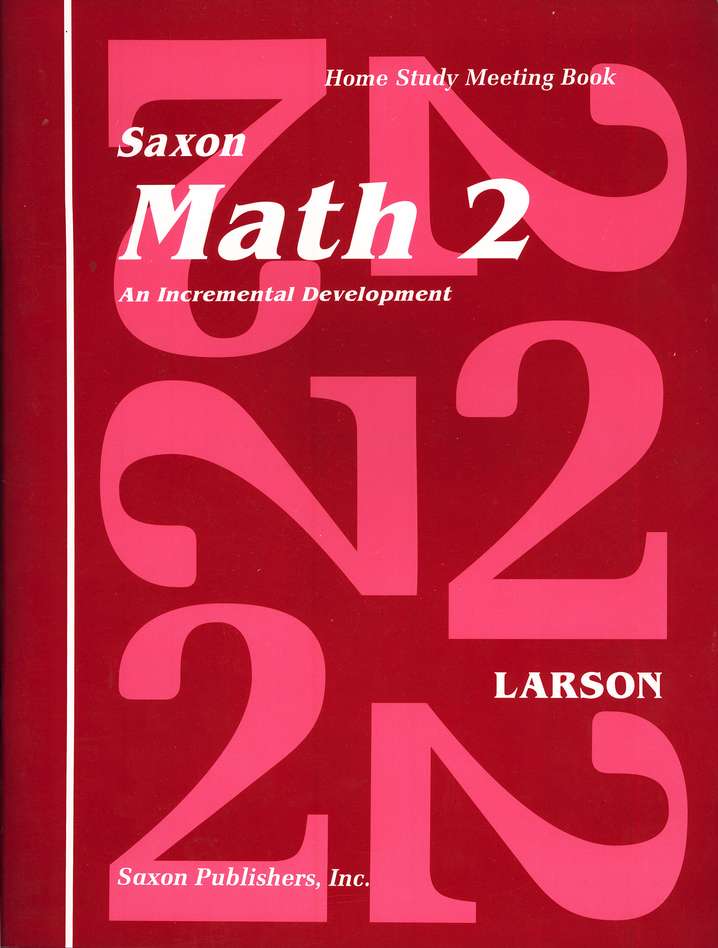
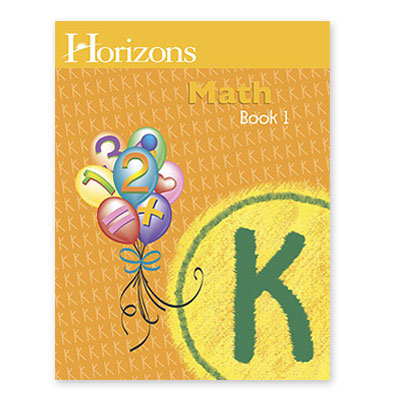
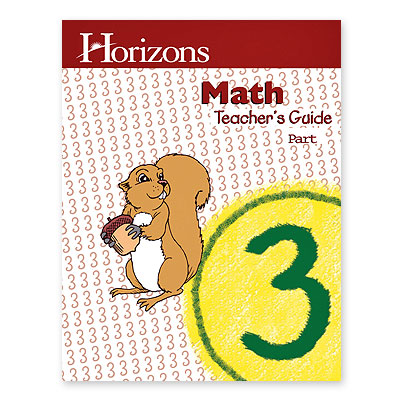
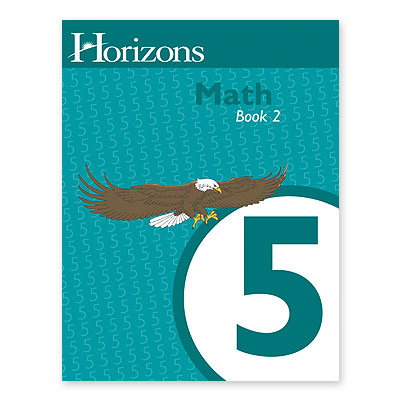
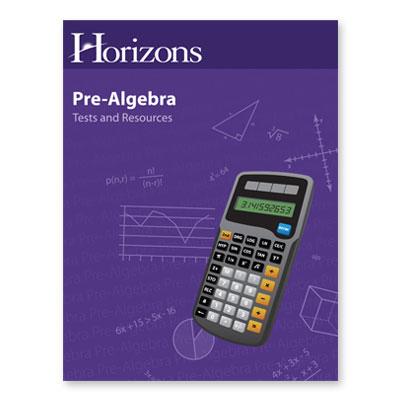
The Homeschool Shopper –
The Saxon Math K Meeting Book serves as an essential daily component of the Saxon Math kindergarten program, featuring calendar pages that track student progress from September through June. This 24-page softcover booklet forms the foundation of Saxon’s structured daily meeting approach to early mathematics education.
What We Liked
Incremental Development Excellence: Saxon’s signature approach shines through in the meeting book format. The daily meeting structure systematically builds mathematical concepts through consistent practice and review, allowing young learners to absorb foundational skills naturally over time.
Comprehensive Scope: Despite being designed for kindergarten, the meeting book covers an impressive range of mathematical concepts including number recognition, counting, patterns, time, money, measurement, and basic geometry. This breadth provides excellent preparation for elementary mathematics.
Spiral Review Built-In: The daily meeting format ensures continuous review of previously learned concepts while introducing new material. Students encounter the same types of problems repeatedly with increasing complexity, building both confidence and competency.
Teacher-Friendly Structure: The scripted format provides clear guidance for parents new to homeschooling or those uncomfortable teaching math. Daily lessons are clearly outlined, making it nearly impossible to go wrong with implementation.
Proven Track Record: Saxon Math has decades of success in homeschool communities, with many families reporting strong mathematical foundations that serve students well through high school and beyond.
Areas for Improvement
Limited Lessons Per Week: The 112 lessons are designed for a traditional school calendar with only three math days per week. Families wanting daily mathematics instruction need to either repeat lessons or supplement with additional materials.
Inflexible Pacing: The structured approach, while beneficial for consistency, can feel rigid for families who prefer more flexibility in their homeschool schedule or those who school year-round.
Currency Specificity: The program uses US currency examples, which may require adaptation for international families or those wanting to teach multiple currencies.
Meeting Book Dependency: The full program requires both the teacher’s manual and meeting book, making it impossible to use this component effectively as a standalone resource.
Bottom Line
Saxon Math K Meeting Book is an excellent choice for families who value systematic, thorough mathematical instruction with built-in review and scaffolding. The program particularly benefits parents who want clear daily structure and students who thrive with consistent routines. While the rigid pacing may not suit every family’s needs, the solid mathematical foundation it provides makes it worthwhile for those committed to the Saxon approach.
Recommended for: Families seeking structured daily math instruction, parents who want scripted lessons, students who benefit from repetition and routine
Consider alternatives if: You prefer flexible scheduling, want innovative teaching methods, or need extensive parent creativity in lesson planning.